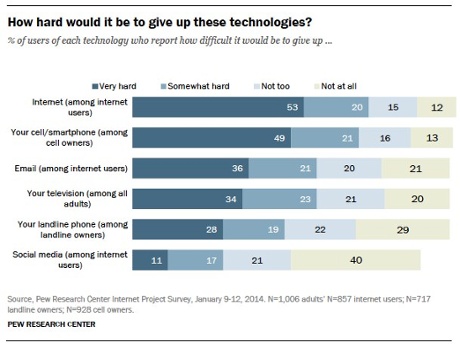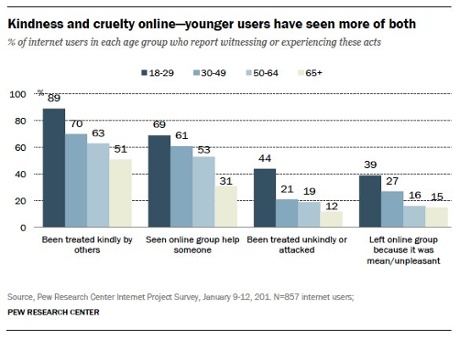One of the alarming features of the crisis on Ukraine's Crimean peninsula is the staggering confidence with which Vladimir Putin is pursuing his agenda there and in eastern Ukraine.
In quick order, Russian troops from the Black Sea fleet – as it has now been acknowledged by the pro-Russian prime minister of Crimea – have seized airports and strategic locations, including government buildings and broadcast centres. Saboteurs have damaged the fibreoptic telephone cables connecting Crimea to Ukraine. There are unconfirmed reports of attempts to seize an air defence missile base and of landings by military hovercraft. On Saturday the upper house of the Russian parliament voted unanimously to approve an intervention that was already happening.
The recent moves are instantly recognisable from the old Russian military playbook – not least the emphasis on manipulation, surprise and provocation by which a sense of crisis is stoked up followed by an appeal for aid. Whether this will follow the pattern of South Ossetia and Abkhazia, where Russian peacekeepers occupied and effectively annexed territory, is a moot point on a peninsula with a large Russian-speaking population dominated by both the Black Sea fleet base at Sevastopol and by the large bases of the Russian southern military command across the border around Krasnodar and Rostov-on-Don. But for now it seems that is the intention.
It is for this very reason – combined with the Russian seat on the security council and its nuclear status – that Putin has ample room for manoeuvre in Crimea. Potential western sanctions against Moscow are limited to largely symbolic gestures, not least now the winter Olympics are over.
The real bind is for the new Ukrainian government in Kiev and for the EU, both of which will want to avoid a widening conflict, the latter because it would take place on Europe's borders. The reality is that an already fragile and divided Ukraine cannot risk confrontation with Moscow, paradoxically the power that was supposed to guarantee the security of its borders when it gave up its nuclear weapons after the collapse of the Soviet Union. Indeed, in a hint of what may be in store for Kiev, the Russian energy ministry – which has been employed by Putin before as a powerful economic lever against Ukraine – has issued a pointed reminder of how much Kiev owes Gazprom for gas imports.
The current crisis presents the biggest threat to security in Europe since the Balkan wars, and western leaders, including Obama and David Cameron (who has spoken to Putin on the phone), have hardly been impressive in their response, demonstrating a weak grasp on the events unfolding. For now, Putin is ahead of the game. It is time for the international community to catch up.
Source: theguardian

